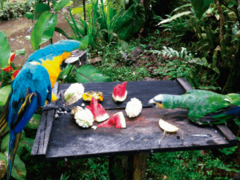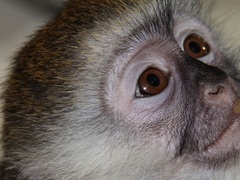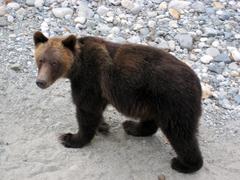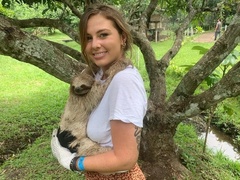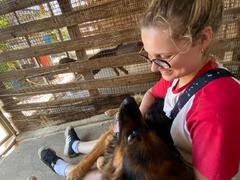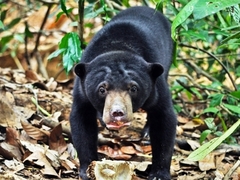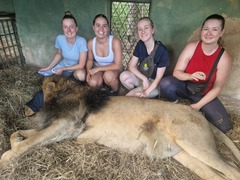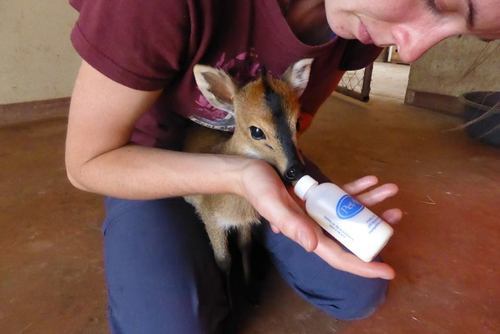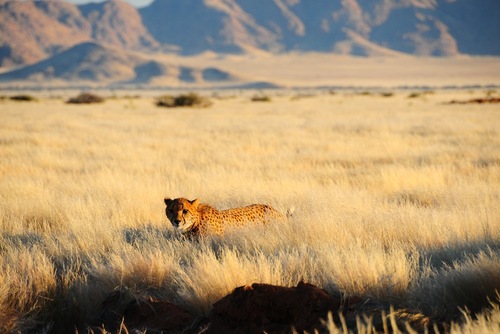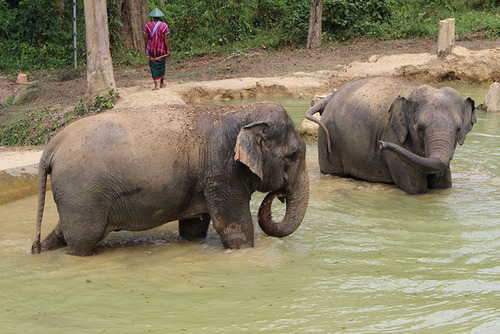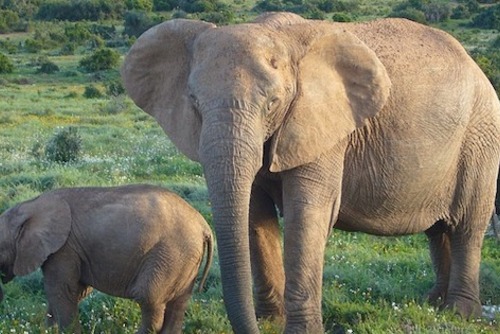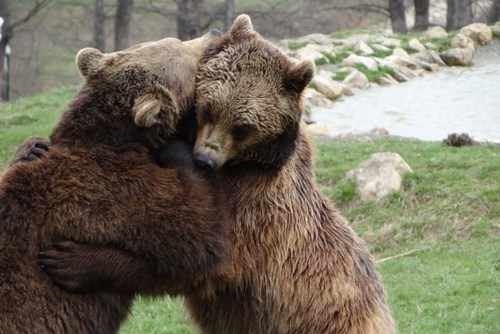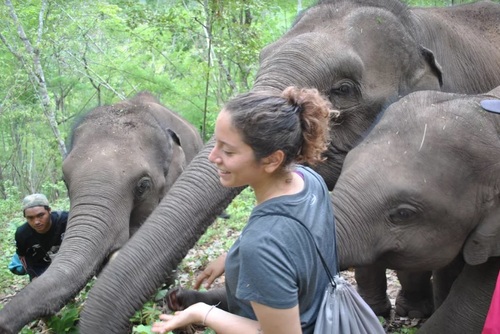The Wild Animal Rescue Foundation of Thailand (WARF) was in need of almost everything: equipment, personnel and finances. By being an ecovolunteer for any of WARF's projects you supported WARF's work in two ways: with the rehabilitation and with your donation.
Participants had to be available for at least three weeks. Depending on the duration of your stay, your education and experience, you may have participated in the following activities:
* Assisting the Animal Keepers (preparing food, feeding)
* Assisting in the research (for instance behavioural research). The way the released gibbons spend their time is observed. Behavioural elements are registered, for instance: territorial behaviour, urinating, threatening behaviour towards the observers, coughing, sneezing, foraging, abnormal behaviour and singing. Special emphasis lies on dominant behaviour, the place of the individuals in the group, explorative behaviour and their behaviour towards people, e.g. the observers.
* Building and maintaining cages.
* Daily cleaning of the cages.
* Giving talks to tourists, telling them of your experiences and those of the animals at the project as well as enlightening them on the current situation of the wildlife protection in Thailand.
* Teaching in your native language to local schools
The Wild Animal Rescue Foundation of Thailand (WARF) are no longer operating.


